The content of the article
Since ancient times, people eat bird eggs. Most often, chicken is found in refrigerators. But diet quail has also come into fashion. Duck and goose are well suited for baking. An exotic ostrich pleasing to the eye, striking in its size. The restaurants are ready to offer dishes even with eggs of turtles and crocodile.
Today we will talk about a product that is almost 96-97% absorbed by the human body. It is eaten boiled, fried and raw. The composition of many dishes also includes eggs: salads, pastries, minced meat, desserts, creams.
Chicken egg is rich in vitamins, amino acids and trace elements necessary for the life of the human body. The composition includes potassium, calcium, phosphorus, magnesium, iron, iodine and almost the entire list of vitamins.
This product improves blood formation, protects our eyes from diseases, strengthens the immune system.
Harm to eggs
The product is contraindicated for people with diabetes, obesity, as well as individual intolerance, allergies to it. There is a risk of salmonella if you eat raw eggs. But the staleest product can do the most harm. Such eggs will give the dishes an unpleasant smell, color, taste, and will also cause poisoning.
Selection and storage
It is almost impossible to determine by eye how long a chicken laid an egg, a special device, such as an ovoscope, is not for everyone, and checking with a flashlight in a store will look ridiculous and ridiculous. Although there is one way to visually determine the freshness of an egg. Remember, color and size do not affect quality in any way. An egg will be fresh if its shell is dull, clean and without any damage (even a small crack indicates spoilage).
When shopping at the store, pay attention to the markings. Producers put on the shell a stamp indicating which category the egg belongs to. Dietary eggs are marked in red stamp with the date of manufacture, as well as varietal label. Such a product must be purchased in a seven-day period.
Eggs older than this date belong to canteens that have their own markings:
- “O” - selective, large;
- “1” - medium;
- "2" - small eggs.
Store the product at a temperature of 5 to 8 degrees with a plus sign, not more than one month.
Storage Rules:
- The storage location should not be wet.
- Wash eggs only before eating.
- Strongly smelling foods should not be stored nearby.
- Laying eggs in a tray is recommended with the sharp end down.
Methods for determining egg freshness
Arriving home, you can easily determine how fresh the egg is.
First way: most common and practically accurate. Using ordinary water, we learn not only freshness, but how long an egg is “made”. For a home examination, you need to take a glass or some other transparent container, as well as cold water. Dip the purchased product into the liquid and determine the degree of freshness by its position. A weekly egg will lie horizontally at the bottom of the container, older than 10-14 days it will raise its blunt end by 45 degrees, stored for more than two weeks it will hang in this position in the middle of the glass. Surfaced - best disposed of as soon as possible.
Some chicken egg experts recommend using concentrated brine to check for freshness. The indicators remain the same.
The second way: determination of freshness using a light source. A lamp or even sunlight is suitable for checking.A fairly fresh egg will shine through, but the old one will not, or dark areas will be noticeable in it.
The third way: carried out using an ultraviolet lamp (who has it at home). It is necessary to direct the light to the tray with this product. Fresh eggs will shine bright red, spoiled ones will turn pale purple.
Fourth way: helps to check not only the freshness of the product, but also the hearing. Between the shell and the bag of protein and yolk there is a small cavity with air. The longer the egg is stored, the larger this cavity becomes. To check, you need to bring the product to your ear and shake. No sounds will come from a fresh egg, but a stale one will flutter. This method can be used in the store and on the market.
The fifth way: apply if the egg does not need to be boiled in the shell. For examination, you need to take a flat plate or saucer. It is sometimes said that even a frying pan can be used. But in this case, the saying may work: "A fly in the ointment spoils a barrel of honey." So, one rotten egg will spoil not only previously tested eggs, but spoil the whole dish, and the mood too. Therefore, it is best to check the product in a separate bowl one at a time. After breaking an egg, look at its structure. Fresh will have a transparent protein, holding near the yolk. The yolk itself must be resilient, high rounded. If the protein is cloudy, spreads on a plate, and the yolk has a not so dense consistency, then you have a spoiled egg. An unpleasant pungent smell will talk about this. Such a product is not even suitable as an auxiliary ingredient for dishes.
When buying eggs at retail outlets, do not forget about the recommendations for determining freshness and storage rules. Let dishes with this product benefit and delight you and your loved ones.
Video: how to check eggs for freshness

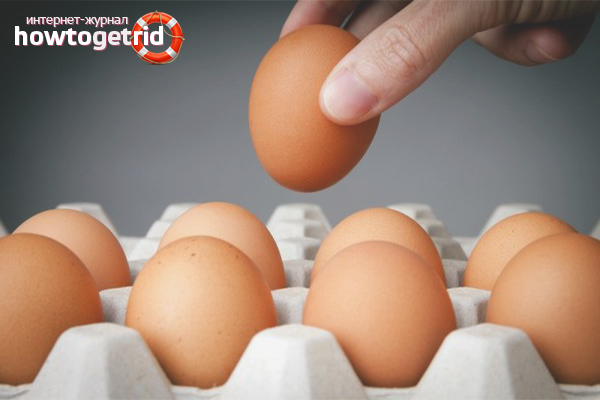
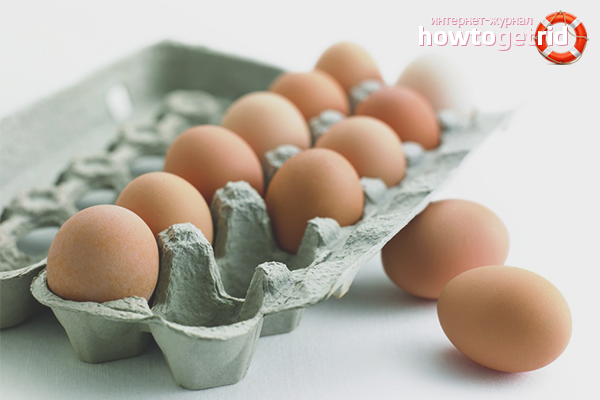
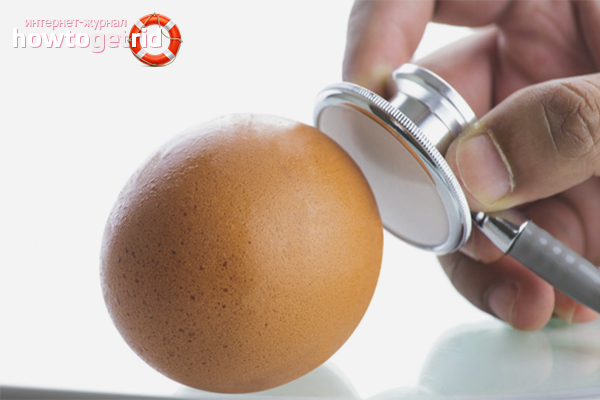

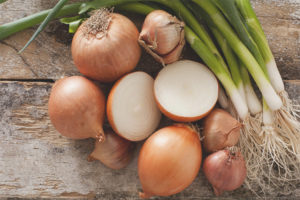
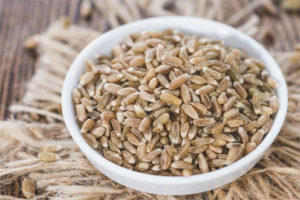
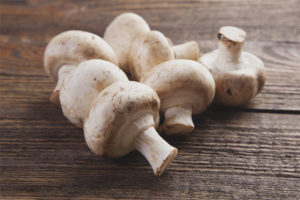
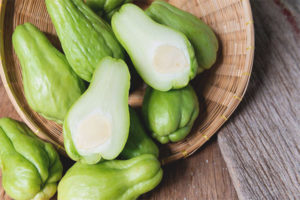



Submit